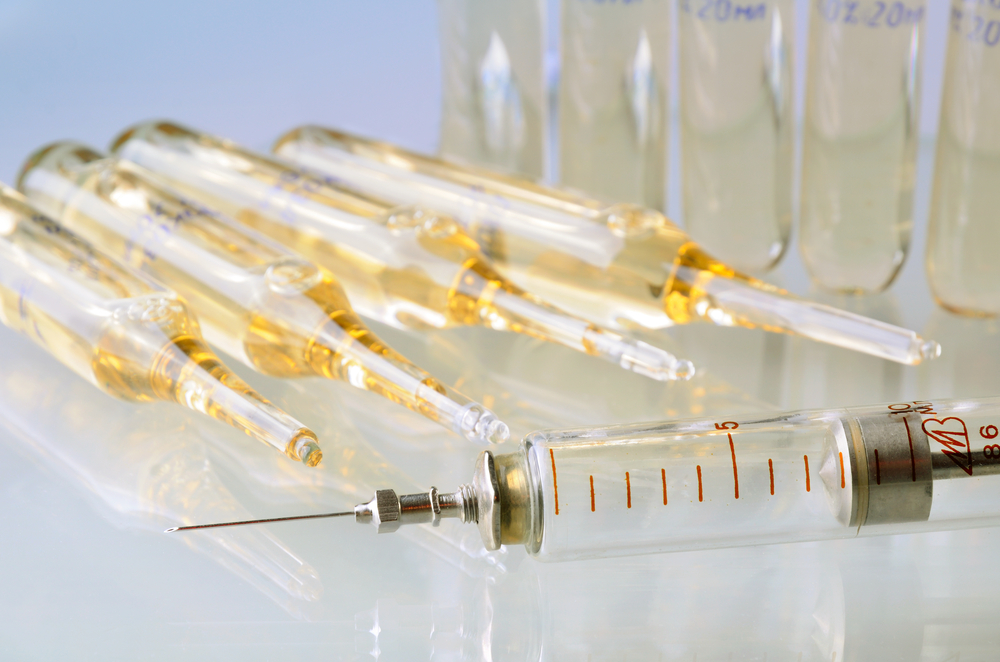Breaking
Use of untested Ebola drugs ethical; ‘moral’ duty to gather data, says WHO
TORONTO — The World Health Organization says it is ethical to use untested Ebola drugs to help quell the current unprecedented outbreak.
But the Geneva-based international health agency says countries which use experimental treatments have a moral obligation to collect data on those treated so the world can learn what works against Ebola.
The statement comes following a meeting Monday of an expert panel asked to assess the ethics of using untested medical interventions in the outbreak.
The statement makes no reference to the fact that currently, supplies of these experimental therapies are extremely limited.
The company developing a therapy recently used by two infected American aid workers said Monday that it had released all its limited stock and currently has no more of the ZMapp treatment.
ZMapp, a cocktail of monoclonal antibodies, was developed in part at the Canadian National Microbiology Laboratory in Winnipeg.
The West African ebola outbreak currently involves four countries — Guinea, Sierra Leone, Liberia and Nigeria — and has claimed over 1,000 lives since early March. Close to 40 per cent of all the people who have been known to have died from Ebola have died in this outbreak.
The WHO says that as of Aug. 9, there have been 1,848 cases in the four countries.
The WHO statement says the decision to declare use of untested drugs ethical was a consensus reached by the panel.
But it says the panel was unanimous in agreeing that there is a moral duty to test the medical tools in the best possible clinical studies to either prove their effectiveness or show that their use should be stopped.
The group says that ethical criteria must guide decisions of whether to use these experimental tools. Those include obtaining informed consent indicating patients know and agree to use an untested drug. It also says patient privacy must be respected.
The panel says some areas of the discussion need further exploration.
Those include figuring out ethical ways to gather efficacy data while striving to provide optimal care under the existing circumstances; determining how to prioritize the use of untested therapies and vaccines and developing ethical criteria for achieving fair distribution in affected communities and among affected countries.






















